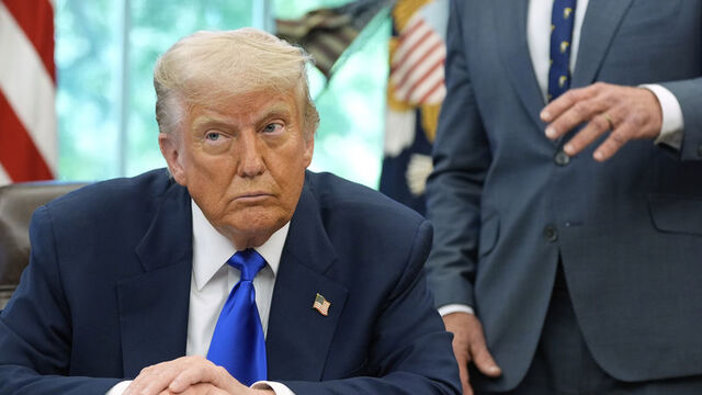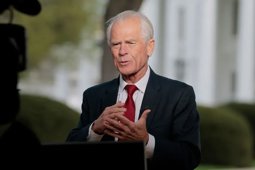
WH: Millions May Lose Coverage Without Trump Bill
WH study projects 8.2 to 9.2 million Americans could lose insurance if Trump’s budget bill fails and recession hits.
Economic Forecast Tied to Passage of Budget Legislation
The White House has released a sobering analysis projecting that between 8.2 and 9.2 million additional Americans could become uninsured if President Donald Trump’s proposed budget reconciliation bill fails and a major recession ensues. The findings were outlined in a memo from the Council of Economic Advisers titled, "Health Insurance Opportunity Cost if 2025 Proposed Budget Reconciliation Bill Does Not Pass."
The analysis assumes the U.S. begins 2025 with roughly 27 million uninsured individuals. If the legislation fails and the country enters a severe economic downturn, that figure could climb to 36 million—approaching pre-Affordable Care Act levels. The White House attributes this potential spike to several economic and policy-driven factors that would emerge in the absence of legislative action.
The memo anticipates that states which expanded Medicaid under the ACA may roll back eligibility to address budget shortfalls and rising unemployment costs. The projection also assumes no alternative policy interventions—a scenario the White House acknowledges is unlikely but within the realm of possibility.
According to the study, the expiration of the 2017 Trump tax cuts in 2026, coupled with broader economic shocks, would trigger a moderate to severe recession. The result would be diminished consumer spending, reduced small business hiring, global market uncertainty, dollar deflation, and tightening credit—culminating in a potential 4% contraction in GDP over two years, comparable to the 2008 financial crisis.
Millions at Risk of Losing Coverage
Such an economic downturn could lead to approximately 6.5 million job losses. The administration estimates that 60% of those jobs include employer-sponsored insurance, meaning 3.9 million people could immediately lose coverage.
In addition to employer coverage losses, the memo anticipates that up to 3.3 million individuals currently enrolled in individual or marketplace plans may become uninsured as affordability diminishes. This represents a projected 15% drop in coverage among the 22 million enrolled by 2026.
Enrollment in Medicaid and ACA-subsidized plans could also face logistical disruptions, leading to coverage losses of between 500,000 and 1 million people. The report highlights that vulnerable populations—including gig workers, non-citizens, and early retirees—would be disproportionately impacted, potentially adding another 1 million to the uninsured rolls.
At the heart of the legislative effort is the “One Big Beautiful Act,” a 1,116-page bill introduced by House Republicans. The legislation proposes over $5 trillion in tax cuts, including permanent extensions of the 2017 Trump tax policies. It also includes provisions such as eliminating taxes on overtime and tips, introducing a $10,000 tax deduction on auto loan interest for American-made vehicles, and establishing $1,000 “MAGA accounts” for children born during Trump’s second term.
Despite Republican control of the House, Speaker Mike Johnson faces significant intra-party divisions as he attempts to meet a self-imposed Memorial Day deadline for passage. The bill’s sweeping implications for the tax code, entitlement programs, and economic stability have become central to policy debates heading into the summer legislative session.
With healthcare access, economic security, and legislative momentum on the line, the White House has underscored that failing to pass the bill could reverse years of progress and push millions into financial and medical uncertainty.






